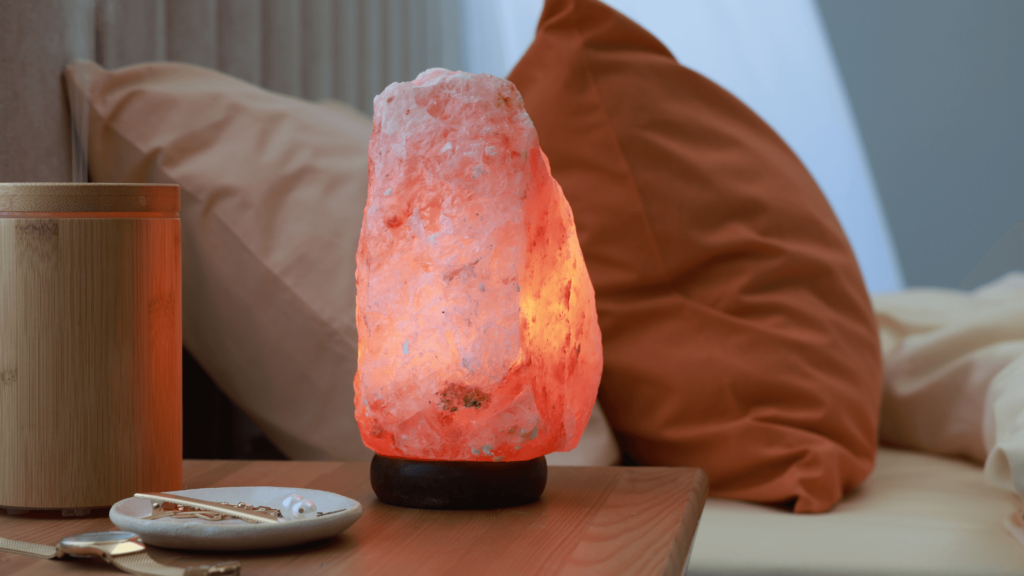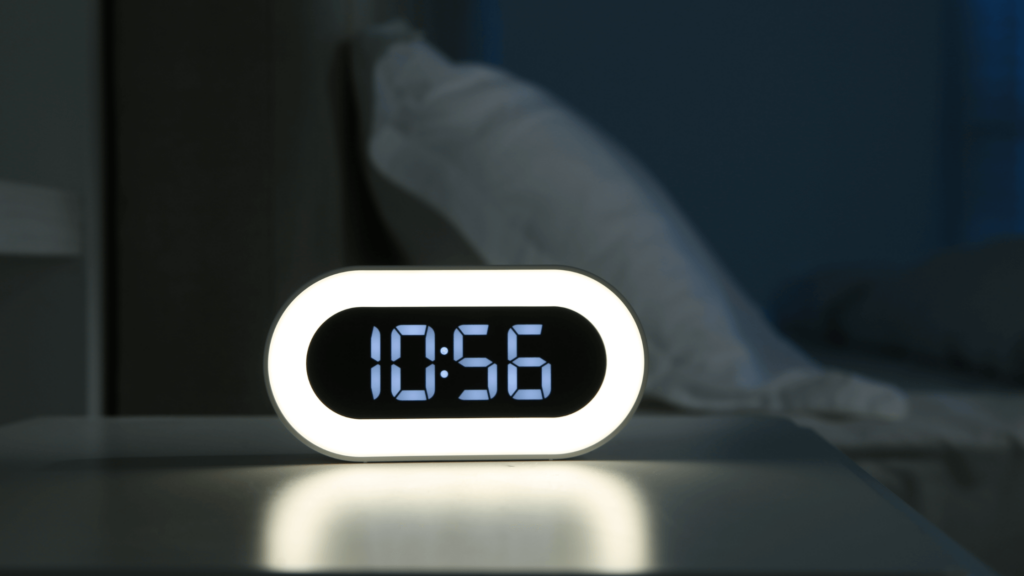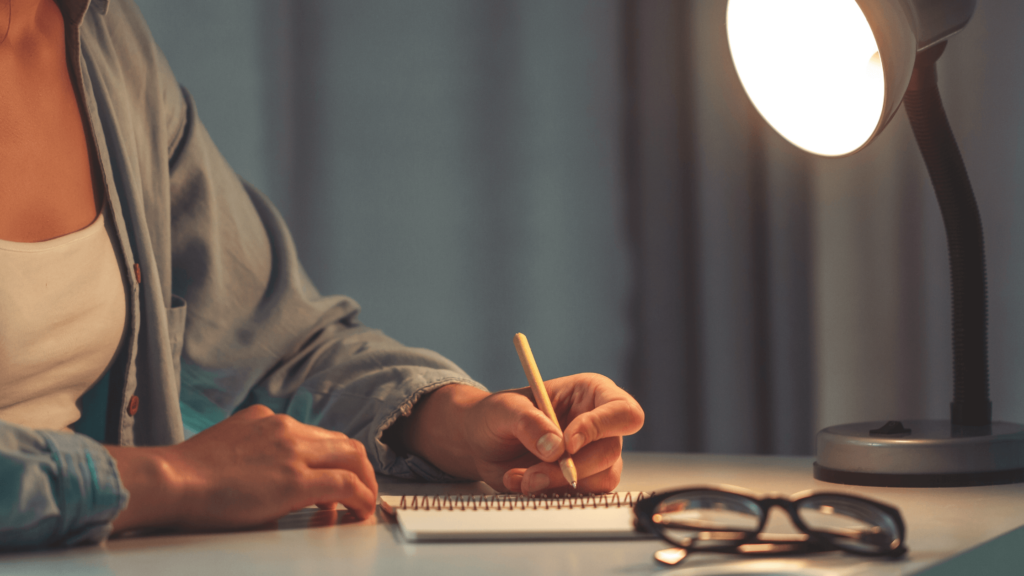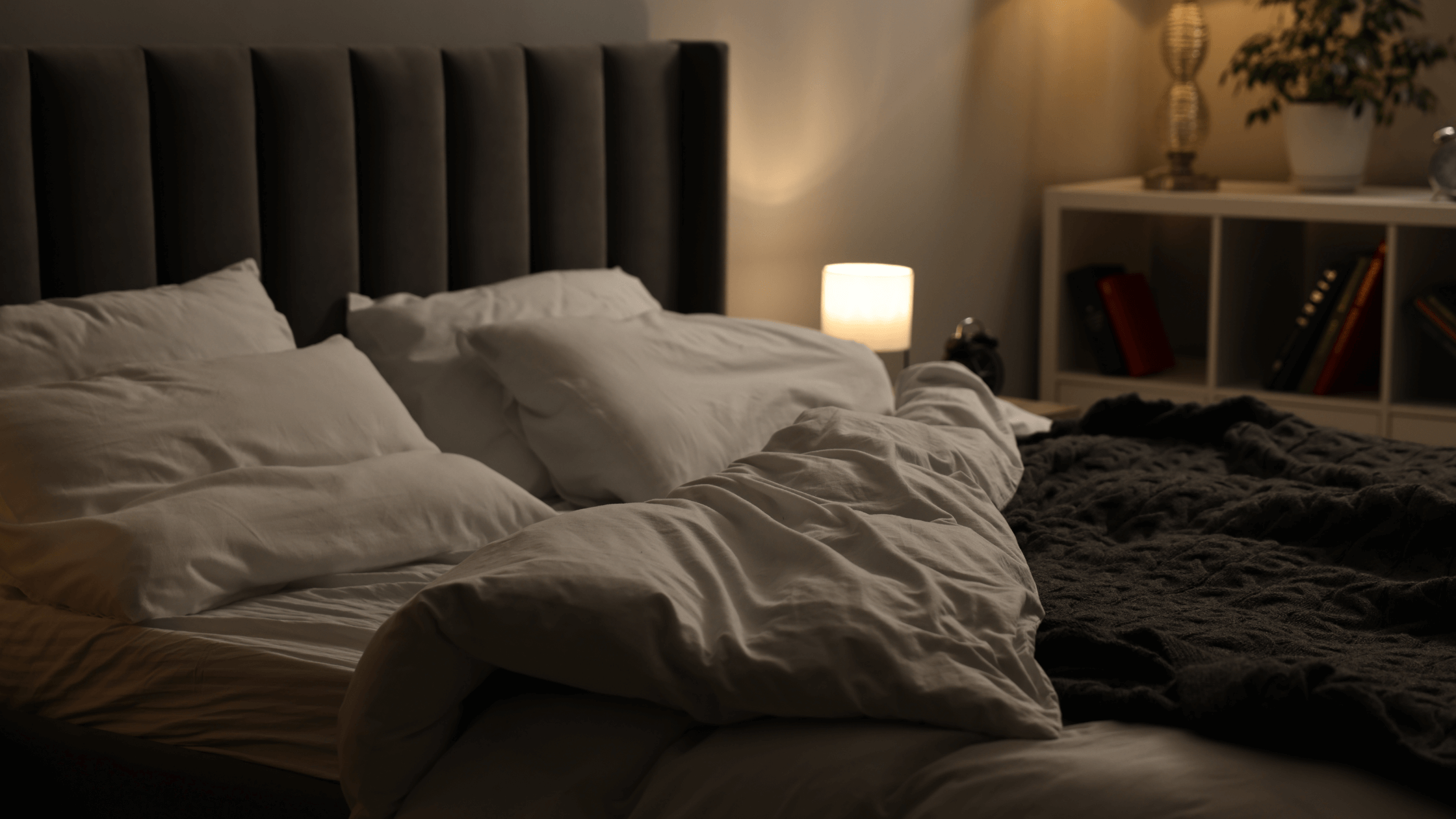Nothing feels better than waking up refreshed, rested, and ready to take on the day. If you can’t remember the last time you felt that way, you might need to look at your sleep environment, bedtime routine, and stress levels. Getting a good night’s sleep begins long before you slip between the sheets, with a good mattress, a hot bath, and maybe even a meditation.
The importance of sleep for construction workers
We’re so used to sacrificing sleep for early shifts, late nights with friends, or even binge-watching that new Netflix series that it’s easy to forget how crucial it is for our well-being. Not getting enough sleep can do a lot more damage than simply making you tired the next day—it’s been linked to diabetes, hypertension, and obesity. Chronic sleep deprivation can also cause high blood pressure, poor blood sugar control, and inflammation. Some studies even showed that regularly sleeping five hours or less each night can increase the risk of death from all causes by a staggering 15%.
A good night’s sleep is particularly important when working in construction because poor sleep can affect your focus and performance, which may increase the risk of accidents. Investigations have named sleep deprivation as one of the causes of several major disasters, including the Challenger space shuttle explosion. While you might not launch rockets, you must still be alert and at your best to use heavy machinery, climb scaffolding and ladders, and operate power tools. Working while sleep-deprived can cause costly mistakes or serious injuries. Some supplements can help improve your sleep, but you can also optimize your sleep space, routine, and stress levels.
Optimize your sleep space

These simple shifts will help you make the most of your shut-eye.
Complete darkness
A dark bedroom can help you sleep better and improve your health. Sleeping in complete darkness helps regulate the production of melatonin, the hormone that helps cue your body to fall asleep. Some studies have also linked sleeping in a light room to an increased risk of cancer and obesity, as well as increased insulin resistance the next day. To darken your room, use thick curtains, blackout blinds, or a sleep mask to block out light.
Cool temperature
For decades, many Nordic countries have put their babies outside to nap in winter—parents say the cold temperatures help them nap longer. Now, science says the same might be true for adults. Your bedroom temperature significantly affects how well you sleep—a room that’s too hot can interfere with REM sleep and leave you bleary-eyed the next day. Experts say the ideal sleep temperature is 60 to 67°F (15 to 19°C), so turn that thermostat down for the night or crank open the windows if you live in a cooler climate.
Reduce noise
Sleeping in a quiet environment may help you sleep longer and get deeper sleep, which leaves you feeling refreshed the following day. Everyday life, however, involves kids, pets, traffic, and noisy neighbors—not exactly ideal for sleeping in silence. To reduce the noise in your sleep environment, you can try wearing earplugs at night or using a fan or white noise machine to muffle distracting sounds.
Find the right mattress and pillow
If you regularly toss and turn all night or wake up sore, it might be time to look for a new mattress. A stiff neck in the morning might indicate the need for a more supportive pillow. You spend a third of your life in bed, so choosing a good mattress and appropriate pillow is essential.
Mattresses are primarily a matter of preference—you may like mattresses made from memory foam that molds to your shape or those made from organic wool that offer extra firmness. Visit a mattress store and try a few options and firmness levels to find a good one. Several online mattress retailers, like Endy, Douglas, and Casper, have also emerged in the past few years to rave reviews.
Pillows, on the other hand, are usually tailored to specific sleep styles. Do you lie flat on your back, stretched out on your stomach, or curled up on your side? Identifying how you sleep will help you pick a pillow that will comfortably cradle your head and neck.
Optimize your bedtime routine

Now that you’ve created a dark, quiet, comfortable place to sleep, let’s look at your bedtime routine. If you have kids, you’ve probably created something similar to help them wind down and get ready for bed—having a bath, reading books together, maybe a cuddle before saying goodnight. Your routine might look a little different, but the goal is the same—helping your body slow down, relax, and ease into sleep.
Keep a consistent bedtime
Maintaining a consistent bedtime is one way to prepare for a good night’s sleep—in fact, some research suggests that sleep regularity has more of an impact on your health than the number of hours you sleep. Higher sleep regularity was linked to a 20%–48% lower risk of death from all causes.
To set your bedtime, count 7-8 hours backward from when you wake up and try to maintain that consistently, even on weekends.
Have a caffeine cutoff
Caffeine has a half-life of around five hours, meaning if you down an energy drink with 200mg of caffeine at 4 pm to break through that mid-afternoon slump, you’ll still have 100mg in your system five hours later, at 9 pm. While there’s always someone who can fall asleep right after drinking a double espresso, experts typically recommend you stop drinking caffeine 6-8 hours before your bedtime to reduce the risk of caffeine interfering with your ability to fall asleep.
Eliminate devices 2-3 hours before sleep
Blue light emitted from smartphones, TVs, and tablets can interrupt your circadian rhythm and make it harder to fall asleep, even if you’ve done everything else right. Several studies have shown that exposure to blue light can decrease sleep quality and duration, meaning you’ll get worse sleep and spend fewer hours between the sheets. To guard against the effects of blue light and ensure you get the rest you need, experts advise avoiding screens 2-3 hours before bed.
Optimize your stress levels

When you’re stressed, your sleep suffers. Finding ways to relax and destress throughout the day will improve the quality and quantity of rest.
Meditate
Meditation is a fantastic, free, accessible way to release stress and prepare your body and mind for rest. It has been shown to help reduce insomnia and improve sleep quality. Some studies have even found that meditation can improve sleep as much as a prescription sleeping pill—without the cost and potential side effects.
Be grateful
Several different research studies have linked gratitude practices to reduced stress and anxiety. To cultivate gratitude, try taking a few minutes before bed to journal about 5-10 things you are grateful for. The practice of looking for things to be thankful for can help relieve stress and, in turn, improve your sleep.
Take a bath or hot shower
If you feel relaxed and sleepy after a hot bath or shower, it isn’t just your imagination. A nice hot soak before bed can help you sleep by lowering your core temperature, signaling your body that it’s time to rest.
Good night and good luck
Sleep is one of the most critical factors affecting your health and wellness, impacting your mood, performance, and focus. Working in construction—with long hours, early shifts, and intense physical labor—can really take a toll on your sleep. Taking steps to optimize your sleep space, establish a solid routine, and reduce stress can help you get the solid sleep you need to feel rested and rejuvenated the next day. Sweet dreams!



9 comments